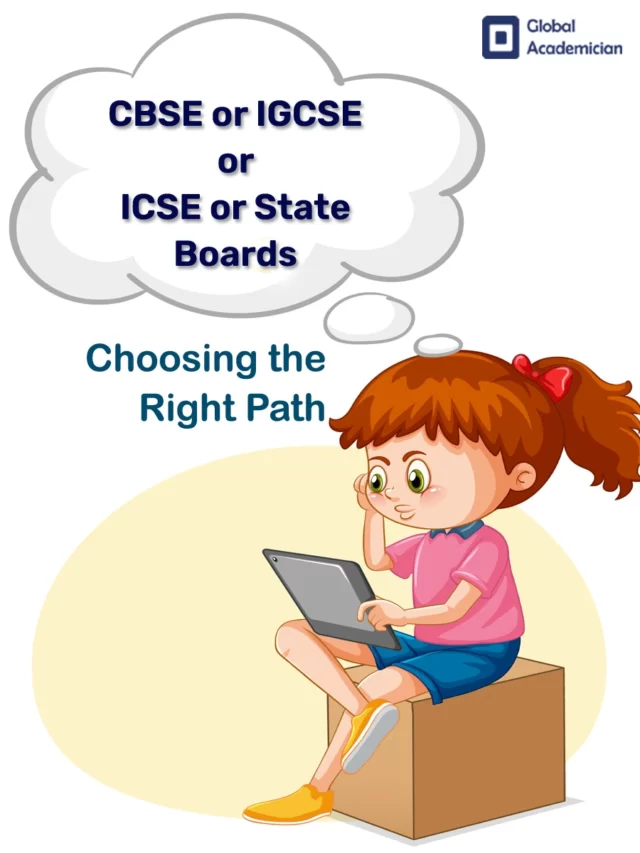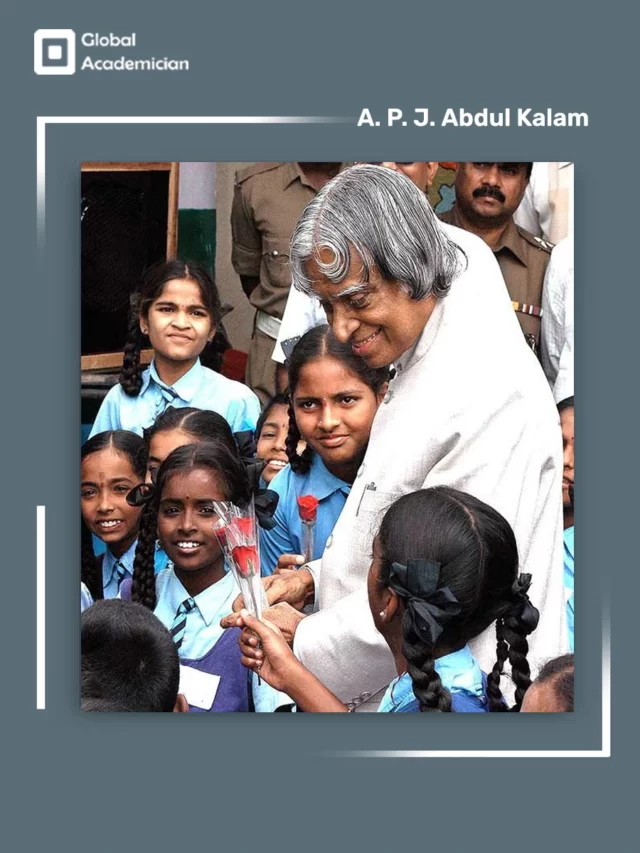Study and Work in Ireland: The Guide. Get all your questions answered about visas, permits, costs, and finding a job while studying in Ireland.
Ireland is a popular destination for international students looking to combine academic pursuits with work experience. The country boasts a vibrant education system, a strong economy, and a welcoming culture.
The Ireland visa process can differ depending on the type of visa you’re applying for, but here’s a breakdown about Study and Work in Ireland:
Study in Ireland:
- Course Selection: Ireland offers a wide range of courses at undergraduate and postgraduate levels. Research universities like Trinity College Dublin and University College Cork are well-regarded for their academic rigor.
- Visa Requirements: Visa requirements depend on your nationality and the duration of your studies. EU/EEA students generally don’t require visas, while non-EU students typically need a student visa (Stamp 2).
Work in Ireland:
- Eligibility: International students with a valid Stamp 2 visa can work part-time (up to 20 hours per week) during term time. They can work full-time (40 hours per week) during designated holiday periods (June, July, August, September, and December 15th to January 15th).
- Types of Work: Popular student jobs include hospitality, retail, customer service, and administrative roles. Some employers might value your specific skillset and offer jobs related to your field of study.
You can also Consider:
- Cost of Living: The cost of living in Ireland can vary depending on your location and lifestyle. Dublin, the capital city, is generally the most expensive place to live.
- Accommodation: Finding accommodation can be challenging, especially in Dublin. Start your search well in advance and consider student housing options.
Ireland student visa guide:
You need a student visa if you’re from a country requiring visas for Ireland and your course lasts over 90 days. Stays under 90 days might require a short stay visa.
The Application Process:
- Eligibility Check: Ensure you meet the requirements outlined by the Irish Immigration Service https://www.irishimmigration.ie/coming-to-study-in-ireland/what-are-my-study-visa-options/how-to-apply-for-long-term-study-visa/.
- Online Application: The application process starts online through the AVATS system https://www.visas.inis.gov.ie/AVATS/. You’ll print and sign the completed application form.
- Supporting Documents: Gather required documents like:
- Acceptance letter from a recognized Irish university for a full-time course.
- Proof of English language proficiency (if applicable).
- Course fee payment receipt.
- Financial proof to cover your stay (bank statements etc.).
- Passport (valid for your stay) and any previous passports.
- Proof of accommodation in Ireland.
- Details of previous visa applications (if any).
- Visa Fee Payment: Pay the relevant visa application fee.
- Application Submission: Submit your application form and documents to the Irish embassy or a Visa Facilitation Service (VFS) center if applicable in your country.
Processing Time:
- Applications can be submitted up to 4 months before your course begins, with the latest being 3 weeks prior. Applications received too late might be returned.
Ireland work visa guide:
Acquiring an Irish work visa involves two main steps: securing an employment permit and then applying for the visa itself. Here’s a breakdown of the process:
Step 1: Obtaining an Employment Permit:
- Eligibility Check: Head to the Department of Enterprise, Trade and Employment (DETE) website to verify if you need an employment permit: https://enterprise.gov.ie/en/what-we-do/workplace-and-skills/employment-permits/. There are different permit types like Critical Skills and Work Permits.
- Employer Sponsorship: You’ll need a job offer and sponsorship from a registered Irish employer. The employer will initiate the employment permit application on your behalf through DETE’s online system.
- Required Documents (Employer Provides): The employer will typically gather documents like your qualifications, work experience proof, and a detailed job description to support the permit application.
- Processing Time and Fees: DETE processing times can vary, so check their website for current estimates. There are associated fees for the employment permit application.
Step 2: Applying for the Employment Visa
- Eligibility: Once you have a valid employment permit, you can apply for the long-stay employment visa (Employment (permits etc.) visa).
- Application Process: The application is submitted online through the Irish Immigration Service (INIS) AVATS system: https://www.irishimmigration.ie/.
- Required Documents (You Provide): You’ll need documents like your passport, a completed application form, proof of the employment permit, evidence of sufficient funds, and travel insurance (if required).
- Visa Fee Payment: Pay the designated visa application fee.
- Application Submission: Submit your application electronically and then send your passport and supporting documents to the Irish embassy or consulate in your home country (or a designated Visa Facilitation Service center if applicable).
- Processing Timeline and Decision: Processing times can vary, so check the INIS website for current estimates. The embassy/consulate will inform you about the visa decision.
Important Notes:
- This is a general guide, and specific requirements might vary depending on your situation and the type of employment permit you qualify for.
- Processing times can fluctuate, so plan well in advance.
- Always refer to the official DETE and INIS websites for the most up-to-date information and any potential changes in the process.
Why Study and Work in Ireland?
- Renowned Education System: Ireland boasts world-class universities and institutions offering a vast array of programs. From engineering and technology to humanities and arts, you’ll find a course that aligns with your academic aspirations.
- Work While You Learn: International students on a valid visa can gain valuable work experience alongside their studies. This not only helps offset living costs but also provides practical skills and enriches your resume.
- Multicultural Experience: Ireland is a welcoming nation known for its friendly people and rich cultural tapestry. Studying and working here allows you to immerse yourself in a vibrant society and broaden your horizons.
- Career Opportunities: Ireland’s thriving economy offers a plethora of job opportunities across various industries. With a degree from an Irish university and relevant work experience, you’ll be well-positioned to launch a successful career.
What to Expect in Ireland:
- The Application Process: We’ll guide you through the steps of applying for student visas, securing employment permits, and navigating the formalities.
- Finding Accommodation: Whether you prefer lively student dorms or cozy apartments, we’ll provide tips on finding suitable accommodation in Ireland.
- Cost of Living: Understanding your expenses is crucial. We’ll offer insights into managing your finances while studying and working in Ireland.
- Life in Ireland: From cultural experiences to exploring the stunning landscapes, we’ll share tips on making the most of your time in Ireland.
To stay ahead and stay informed about the latest educational updates, trends, and insights, we invite you to subscribe to our newsletter and regularly explore our blog. You can also connect with us on our Facebook Page to join our educational community at Global Academician. Join us on these platforms and embark on a journey of continuous learning and knowledge sharing.





